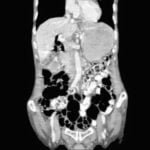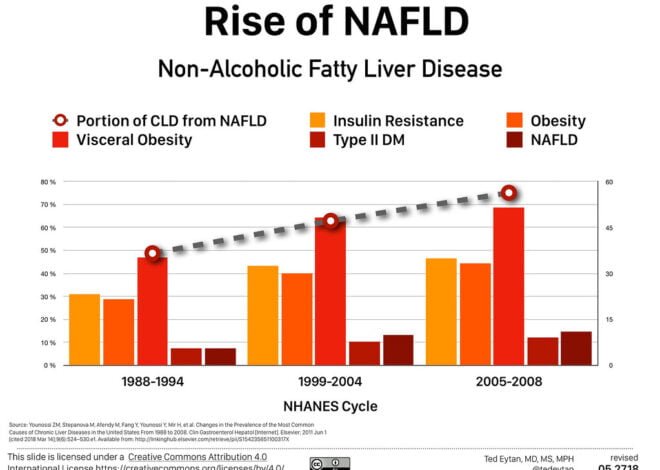
Depression makes Diabetes Worse :
Contributed by
Dr. Arif Maghribi Khan.MD
Consultant Psychiatrist
Connect with Dr Arif Maghribi Khan
According to information in WHO website “A study has shown that worldwide 31 percent of diabetic patients suffer from some symptoms of depression, while 11 percent of diabetic patients have a major depressive disorder.”
On the other hand, people with depressive disorders have a 65 percent greater risk of developing diabetes than the general population. Other risk factors for developing depression among the diabetic population include: age at onset of diabetes, being female and using smokeless tobacco.
In a recent study data from Kashmir showed that depression was present in 39.65 percent of patients with Diabetes mellitus (1). Depression was more prevalent in the age group of 29–38 years, in females as compared to males, among literates and government employees.
Prevalence of depression among Type 1 diabetic patients was 60 percent, while as in case of Type 2, it was 37.75 percent. Depressed patients had higher fasting blood glucose levels as compared to non-depressed diabetic patients. The study concluded that Major Depressive Disorder (MDD) is inordinately high among adult diabetic patients, and the majority of the depressive patients have moderate intensity of MDD.
So what are the symptoms and signs of diabetes distress?
There’s no right or wrong way to feel, but there are some signs that things are getting too much.
It can help to be aware of these – you could think about talking to your family or friends about them too: ·
Feeling angry about diabetes and frustrated about the demands of managing it · Worrying about not taking enough care of your diabetes but not feeling motivated to change ·
Avoiding going to appointments or checking you blood sugars ·
Making unhealthy food choices regularly ·
Feeling alone and isolated.
Is diabetes distress the same as depression?
Diabetes distress isn’t the same as depression.
Diabetes distress is when a person feels frustrated, defeated or overwhelmed by diabetes. These feelings can come and go.
And it doesn’t mean that you have these feelings about other parts of your life. But diabetes distress can turn into depression if you have these feelings for a while and they aren’t going away.
How common is diabetes distress?
Diabetes distress is actually really common. It’s a completely natural reaction to looking after diabetes all day, every day.
It doesn’t matter what type of diabetes you have – anyone can feel diabetes distress and a lot of people feel it more than once.
It is slightly more common for people who take insulin.
The most common reason for feeling diabetes distress is worrying about getting complications in the future or feeling anxious if managing your diabetes goes off track.
What helps with diabetes distress and burnout?
If you’re feeling like this, it’s important to remember that it happens to a lot of people and that you shouldn’t blame yourself.
Diabetes is hard to manage and nobody has a perfect relationship with it. Remember that your blood sugar levels are just a number. They’re not a reflection of who you are or how much effort you’ve put into managing your diabetes that day or week.
Be kind to yourself .
Try to let go of really high expectations on things like blood test results and set smaller, more realistic goals.
It can also help to stop using phrases like ‘good’ or ‘bad’ blood sugar – as this can constantly feel like you’ve done something wrong.
Talk about high or low blood sugar instead. Taking time for yourself, like reading your favorite book, or setting an evening aside for a long bath can help you relax.
You can also discuss topics of your interest with your friends, family member’s topics ranging from your favorite politician to your favorite Cricketer!!
Hey, how about forming a “Diabetes Chat Group” where all talk about diabetes, jokes about spouses not allowing you to eat Wazwan or vice versa , a lot better than groups that spread negativity.
Take a break: Sometimes you might need to take a proper break, for more than a few hours or a day. Although you can’t completely ignore your diabetes, taking a break means you spend a bit less time and energy on it.
This could mean relaxing your targets a bit or reducing how many times you check your bloods each day.
Prioritize emotional stability:
Teaching yourself to brave through the storm will give you confidence in your own strength.
It’s a way of telling yourself that yes, you can cry, yes you can feel bad, but you won’t let these negative emotions take over your life.
But you need to talk to your healthcare team about this first. They’ll be able to help you make some small changes to your routine safely. It’s also important they know you’re feeling distressed so they can continue to help if this doesn’t work. Talk about how you feel. You can talk to friends, family members or online counselors as well as face to face interaction with counselors near you.
Get support from a healthcare professional
Your doctor is there to support you with the physical and emotional side of diabetes. So talk to your doctor if you’re feeling any sort of diabetes distress. Together you’ll be able to make plans that can reduce your distress, like making small changes to your diabetes routine or going on an education course.
You might also want to speak to a psychological specialist to help you cope or adjust to life with diabetes.
And lastly what is diabetes burnout?
Feeling burnout because of diabetes can be different for everyone, but it can mean you stop taking care of yourself and your diabetes. For some people, this means skipping insulin doses or not taking your tablets. Some describe it as hitting a wall or giving up.
Having diabetes distress for a long stretch of time can lead to burnout, so that’s why it’s so important you recognise the signs and can access the right kind of support when you need it most. Your healthcare team is here for you and so are we – talking about how you feel is the first step.
Author can be mailed at arifmaghribi@yahoo.com
References :
- Hussain A, Wani ZA, Shah H, Zargar AH, Margoob MA, Qureshi W. Depression and diabetes: An experience from Kashmir. Indian J Psychiatry. 2020 Mar-Apr;62(2):167-171. doi: 10.4103/psychiatry.IndianJPsychiatry_46_19. Epub 2020 Mar 17. PMID: 32382176; PMCID: PMC7197822.
Join the mailing list!
Get the latest articles delivered right to your inbox!





